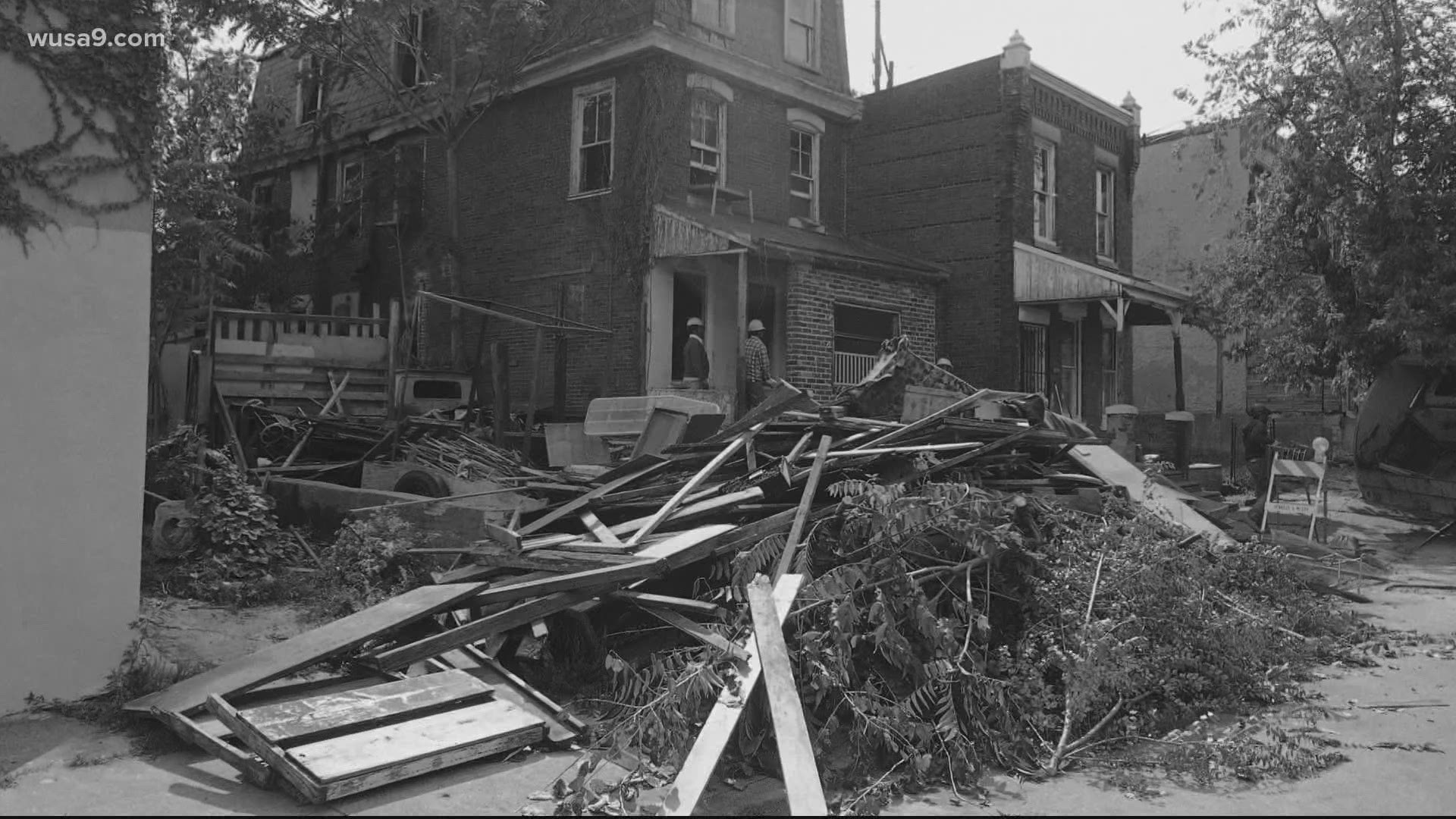WASHINGTON — It’s been 35 years since police dropped a bomb onto a West Philadelphia neighborhood, resulting in the death of eleven citizens, including five children.
The use of explosives, ordered by the police commissioner, followed a day-long stand-off between the 13 members of MOVE, political and religious activists living commune style in a row-house, and nearly 500 police officers ordered by former-Mayor Wilson Goode to evict them.
The explosion and fire that followed the dropping of the bomb from a helicopter decimated the neighborhood, destroying 61 homes and leaving more than 250 people homeless.
While the bombing has been largely forgotten nationally, survivors, their families and the people of Philadelphia have vivid memories of May 13, 1985. That day adding a thick layer to the wall of mistrust between the community, local government and police.
A mistrust that has existed for decades.
Last week, the City Council of Philadelphia took a step towards tearing that wall down and voting to issue a formal apology for the bombing. Sponsored by Councilmember Jamie Gauthier, who grew up near the neighborhood, the resolution is the first apology ever given for the incident. There has been contrition given, but never an apology.
But this being the 35-year anniversary of the tragedy, the recent death of Walter Wallace Jr. in the same neighborhood, and the nation's newfound focus on racial healing, recognizing the destruction seemed appropriate for all.
While an apology is of course always welcome, for a situation like this, quite a bit more is needed.
The courses of lives were changed, the impact felt generational. The vitality of a whole community was burned away.
How does an apology replace that? What of the monetary wealth that was lost, how is that regained? Some of the survivors lost all their worldly possessions and had to begin again from scratch. All the survivors had to have lost their peace of mind and sense of trust. An apology alone is supposed to bring any of this back?
If we are truly going to do the work of healing these types of tragedies and their aftermath, then we have to go all the way with it. A “sorry” alone isn’t enough. We have to look at every aspect, every broken angle, and work to fix the ramifications of them. That’s the road to equity. The road to the inner peace that we all deserve.

